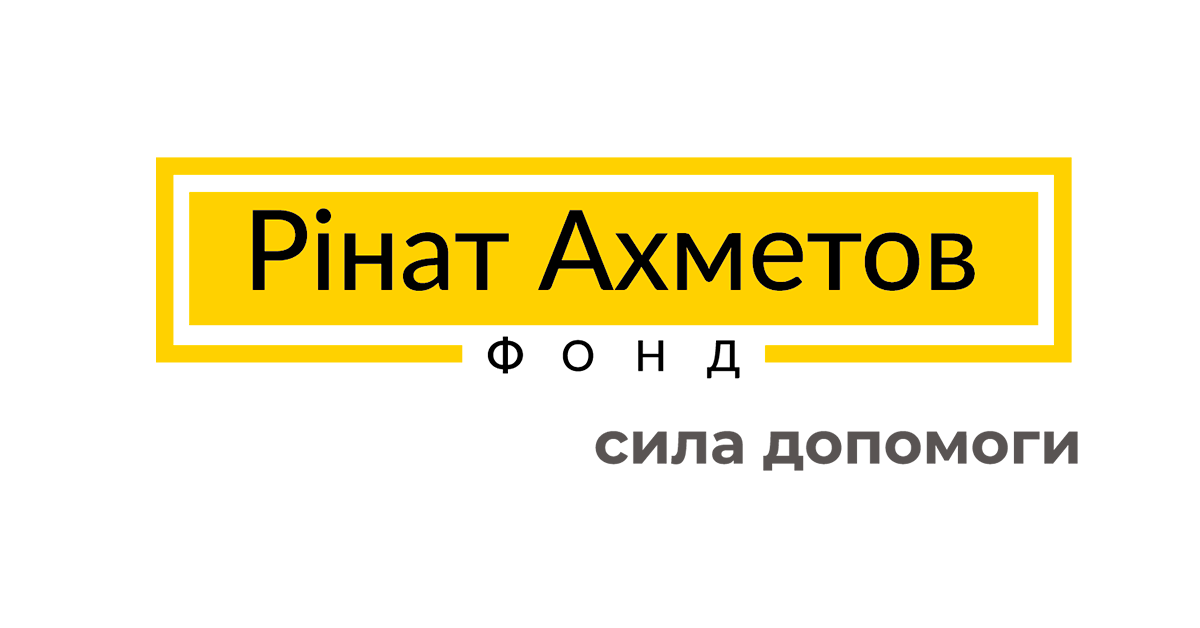TREATMENT OF TUBERCULOSIS AND HIV
TB treatment of co-infected patients is performed under the treatment standards approved in the country, and is practically identical to the TB treatment of immunocompetent patients.
For TB/HIV patients it is not recommended to abruptly treat TB, but instead to receive a daily dose during both intensive and continuation phase resulting in prevention of resistance development to M. tuberculosis.
Antiretroviral therapy for patients with TB and HIV
One of the conditions for the successful TB treatment of HIV positive patients is a timely drugs prescription to treat HIV infection. Currently, the antiretroviral therapy (ART) is available in Ukraine.
For the last years, the standards and timeframes of ART for this group of patients have been changed.
ART should be initiated within the first 2-8 weeks upon beginning of TB treatment. This approach provides good results: TB cure, reduced number of complications and reduced mortality of patients with TB/HIV co-infection. While appointing ART one should take into account all possible drug interactions as well as the risk of immune reconstitution syndrome that may be very difficult for the patient.
When the HIV infection diagnosis is confirmed, a doctor in AIDS Center (infectious disease doctor) examines a patient, conducts necessary tests and appoints ART.
The antiretroviral therapy includes three drugs. The most common combination includes two drugs of the nucleoside reverse transcriptase inhibitor (NRTI) group and one drug from non-nucleoside reverse transcriptase inhibitors group. Efavirenz is the drug of choice as it is best combined with TB drugs regimens on the basis of Rifampicin.
ART is appointed to patients with TB/HIV co-infection regardless of their immunosuppression level.
Prior to ART the control of lab parameters is performed: complete blood count, biochemical indicators. When it comes to women one should discuss the issue of reproductive choice; it is recommended to take birth control drugs while treating TB and receiving Efavirenz due to the risk of teratogenic effect (fetal abnormalities) during the first weeks and months of pregnancy.
The start of treatment may be accompanied by side effects (nausea, vomiting, skin rash). A doctor should consult a patient on the issue of side effects and methods of their correction. Practice shows that within first two weeks of treatment, the most of the discomfort due to TB and antiretroviral drugs is reduced. With the support of doctor’s counseling a patient learns to cope with side effects. Doctors shall cancel or change the treatment scheme only in extremely rare cases.
A special place is taken by the immune reconstitution inflammatory syndrome (IRIS).
IRIS is a phenomenon that occurs in the first 3 months upon ART initiation, and is linked to aggravation of existing opportunistic infections due to immune function restoration.
Immune reconstitution syndrome occurs more frequently when appointing ART associated with severe immunosuppression (CD4 less than 200-100 cells/uL).
Developing adherence to treatment
Treatment success recipe includes controlled in-patient and out-patient treatment, as well as the development of adherence to HIV treatment.
According to the researches one of the common causes of treatment failure are violations of the treatment regimens.
Patients marked the following reasons for violation of the drug regimens:
- Forgetfulness (52%),
- Bad mood (27%),
- Decided to rest from drugs (20%)
- Too much pills (19%),
- Fear of addiction development (19%),
- Drug toxic effects (18%),
- Trying to avoid toxic effect (17%),
- Confusion regarding drug intake instruction (14%),
- In order to have longer period of drug availability (10%),
- Heard complaints on the drug (9%).
It is obvious that most of the reasons are organizational and psychological. To improve adherence to treatment sufficient will be the counseling, support from a social worker or a family member (to remind the intake time), and the follow-up explanations on intake regimen.
Providing that in Ukraine the start of TB treatment of people with co-infection is in-patient based, the administration of TB and ART drugs is carried out under the direct supervision of medical specialists. It is also important to use the NGOs capacity to provide social support for patients during their stay in the hospital, and especially throughout outpatient treatment.




